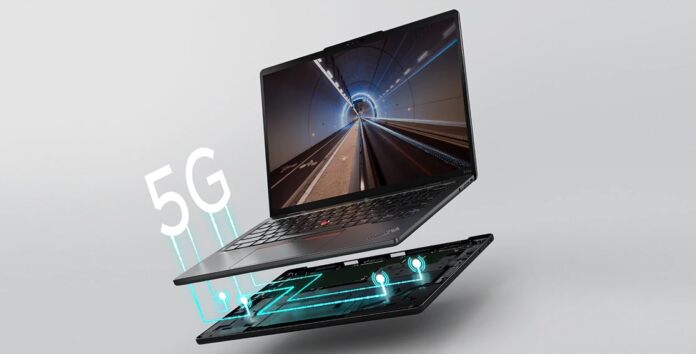Microsoft has evaluated the potential for transitioning its Windows operating system to ARM architecture, as evident from updated support on Windows 11. ARM technology, which stands out for its energy efficiency and connectivity standards, is commonly found in mobile devices but has recently gained attention for its application in laptops and desktops, particularly after Apple's successful deployment of its M1, M2, and M3 chips.
Understanding ARM Architecture
ARM architecture delivers significant benefits in terms of power efficiency and battery life, which makes it highly suitable for mobile and portable devices. This technology enables devices to have longer battery lifespans and enhanced connectivity options like 4G and 5G. While ARM processors have transformed the mobile industry, the same transition in the PC realm is proving to be more complex due to legacy applications and performance considerations for more demanding software applications.
Windows on ARM: A Work in Progress
Microsoft has developed versions of its Windows 10 and Windows 11 operating systems that are compatible with ARM technology, offering the Windows on ARM experience with the benefits of ARM architecture. Windows 11, in particular, is designed with ARM compatibility in mind, including support for running x64 apps on ARM devices. Despite these advancements, Microsoft's offerings are still best suited for less intensive tasks like document editing, with more demanding processes, such as video editing or running AAA video games, presenting significant challenges.
Business Implications and Market Responses
While ARM devices promise improved performance and battery life, the market for ARM-based processors in the PC segment is still in its infancy. Industry leaders Intel and AMD, along with Qualcomm, are in the process of developing ARM-based chips for laptops. Nevertheless, according to Windows Report, due to the concerns over heavy processing capabilities and the need for consistency across diverse hardware from various manufacturers, a full switch to ARM-based Windows is not imminent.
Switching completely to Windows on ARM could adversely affect business dynamics. Microsoft recognizes the potential longevity of ARM-powered devices could slow down the turnover rate of technology purchases, making it essential to balance innovation with business sustainability. The company must introduce compelling features to incentivize updates and upgrade cycles, ensuring continued commercial viability.
Conclusion on Windows and ARM
In summary, while Windows on ARM presents an exciting future with benefits for battery life and performance, it will not replace the mainstream x86/x64-based Windows anytime soon. Microsoft continues to approach the transition deliberately, ensuring compatibility and performance standards meet the diverse needs of its user base. As technology and the ecosystem evolve, Microsoft remains open to integrating ARM technology more comprehensively within its offerings, keeping a close eye on both technological advancement and market trends.






